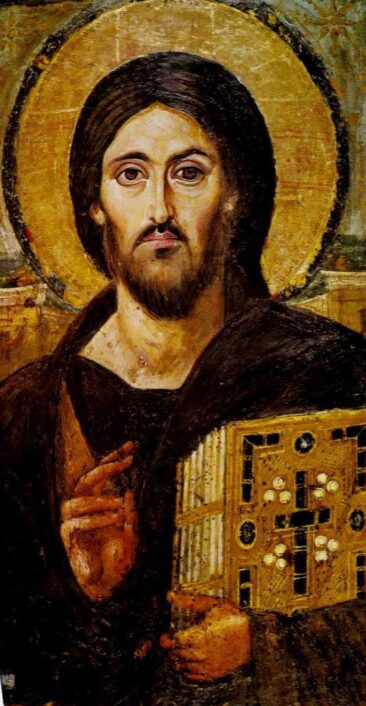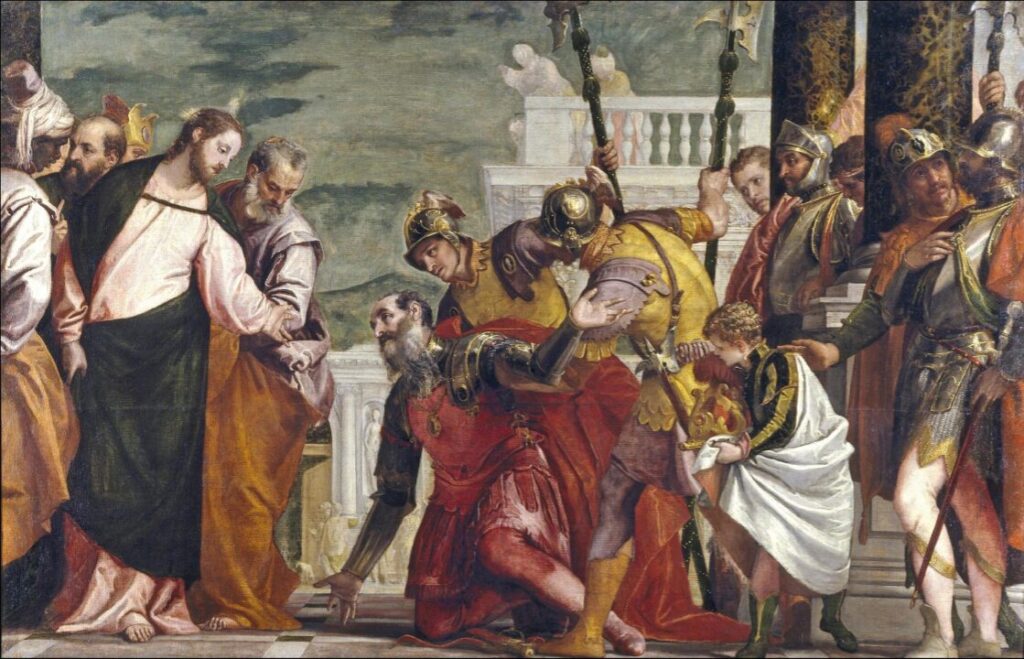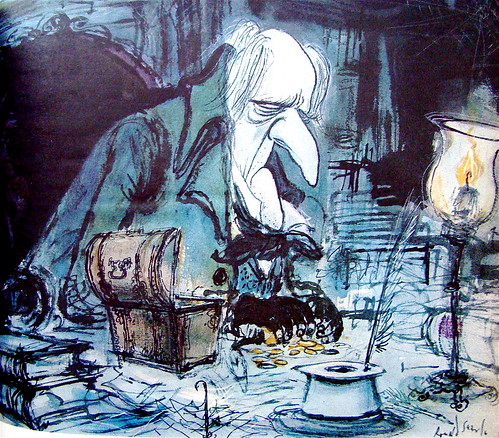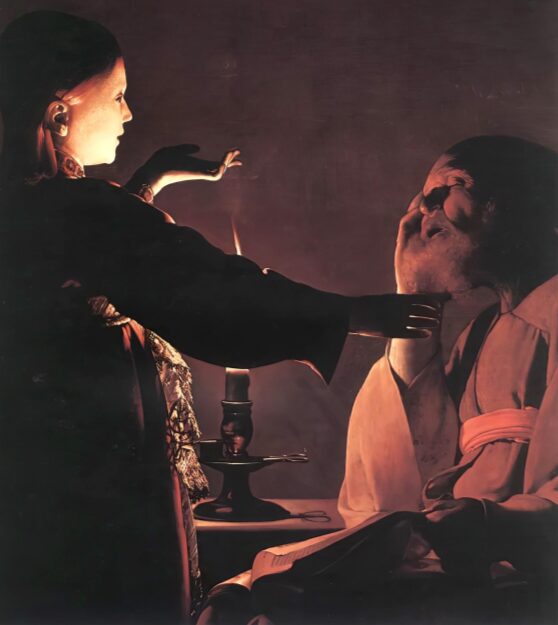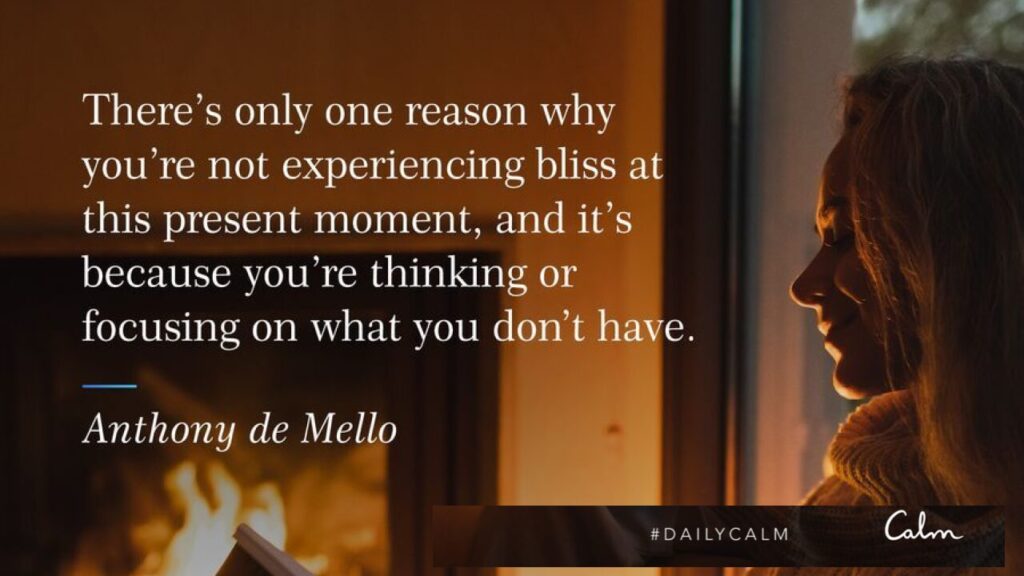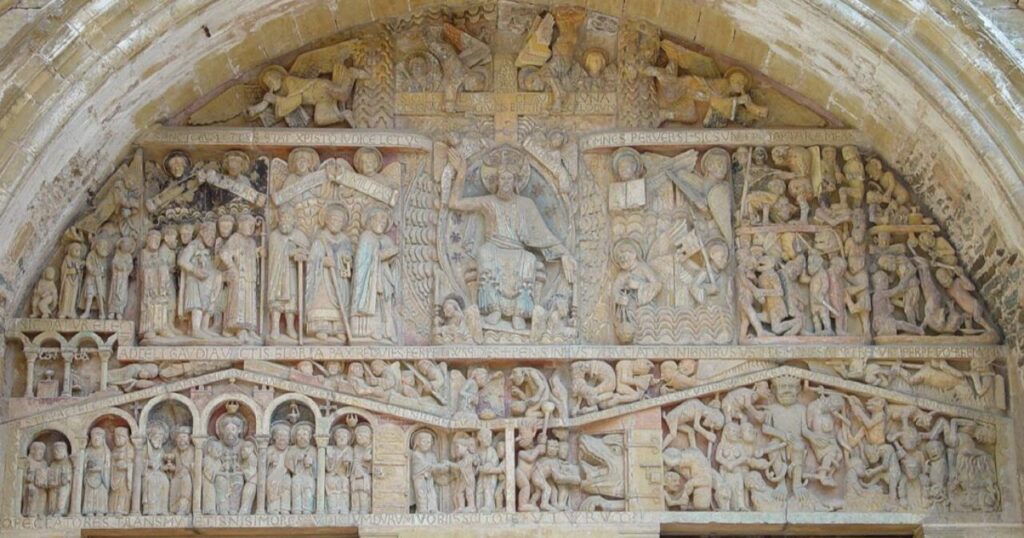A Life of Delight
As I was considering our theme of “Cultivating a Life of Delight”, I was curious about the difference between delight and joy.
I Googled it and AI says that delight is a more intense, often short-lived, feeling of pleasure. Where joy is a deeper, more intent, sustained state of happiness or contentment. Joy is knowing this is as good as it gets.

That’s a picture of both of my dogs. Tina made an appearance during COVID and I did a sermon with Tina. Tina stayed home today. Tina is not all about love. Tina has different ideas, but Molly is.
I was wondering when have you experienced delight? If you think about your life when did you last experience delight?
Was it seeing fireworks? Or maybe just sunrise or sunset, something very simple. Or the geese that have been moving through in the past month?
I know I get a sense of delight when either Carl runs up to me and gives me a hug, or Frankie, who’s our granddaughter, who somehow is 10 months old already. I can hardly believe that, but when I walk into the room, she gets so excited because I need to take her. She needs me to hold her. That gives me delight. Molly gives me delight because Molly wakes me up every morning. When she is ready to go for a walk, when she thinks it’s light enough for us to get up, she puts her paws on the bed. There are friends out there waiting for us. We need to go see friends.
I toyed with the idea of bringing Molly today, and then I was listening to one of the podcasts I listen to called “The One You Feed”. They had a guest by the name of Mark Rolands who wrote a book called The Word of Dog: What Our Canine Companions Can Teach Us about Living a Good Life. His theory is that dogs do not reflect on their lives. Molly had a stick this morning, so he argues that Molly didn’t pick up that stick and think “yesterday’s stick was better than this one. I’ll put this down and go look for another one.” Molly instead would think, “I got a stick!” She was loving it and she was in her glory. Then she found a friend, and she just had a walk which is why she’s calm now. I made sure we went to the field and saw as many friends as we could find this morning.
Then, she got to run and chase the ball with her friends, so she could come and be mellow now because she got all that energy out of her system. Now she’s ready for her morning nap. But what is it about a dog? I mean, I’ve had cats too. I was told that my cat acted like a dog, so maybe I’m not a good cat owner, because she came when I called. But with Molly, it doesn’t matter if I go away for seven hours or 15 minutes. When I walk in the house, I get the same greeting and it’s the best thing that’s ever happened to her for that moment.
She lives in the moment, so I kind of want to push back on his idea that they don’t reflect. No, I don’t think that they reflect, but even more. I don’t think that they judge. Like when I’m gone seven hours and I open the door, she doesn’t think, “Do you see what time it is? Where have you been?” She’s just excited that I am home. She doesn’t judge me or anyone else. I’ve never even heard her growl. She just doesn’t have it in her. Even when her friends are chewing on her, she just lays down. That’s not her nature, but I think she has a lot to teach us about how to live in the moment and just be so happy for what is.
I think that is the point of the Lord’s Prayer. ’cause this does all tie together. In case you thought I was like way down that rabbit hole.
I think that the point of the Lord’s Prayer is to remind us about how simple life can be. You know this scripture started with, don’t be like those people that have these long run on prayers that fill them with words. The point is just to say what you need to say, because God knows what you need to say anyway.
I think it’s also important or worth mentioning that the fact that Jesus said, this is how you pray in Matthew. Jesus says this is how I want you to pray in Luke because this also appears in Luke. The disciples ask Jesus, how are we to pray? And he gives them this. I think that’s a little different. That’s worth thinking about.
Did we need the prayer because we felt like we didn’t know how to pray, or did Jesus think that we needed the prayer because we weren’t doing it right? There are all these people, and Jesus wants to make it very simple and there’s more than three lines, but it comes down to three things.
The first part, our Father in Heaven is the contemporary English version because I wanted you to hear it a little differently. Help us honor your name. So it’s about acknowledging that God is God and we are not. We need to acknowledge where we are in this relationship. We are in a relationship with God, but we are not God. God can do things and will give us things that we may not have the ability to give each other. Let’s lift up God first. Personally, I always try to start every prayer with a thank you. Thank you God. Remembering that God is God and I am not.
Then “thy come and set up your kingdom. So that everyone on earth will obey you as you are obeyed in heaven.” That would be the perfect world. If everyone was able to operate as God operates, we would be in utopia. We would be giving each other good gifts. We would be caring for each other. There would be justice for the poor and the oppressed. The prisoner would be released and this blind would see. It would be all for everyone. I’m going to remind you that I don’t like the kingdom language because it’s being used for a different purpose now that has nothing to do with justice and peace. I’m instead trying to use the language of God’s beloved community. So we pray that God set up God’s beloved community. That’s also who we are trying to be together as a congregation, we are trying to be God’s beloved community with each other and with the greater community. Loving each other is challenging because we have a lot of fundamental differences, but trying to bridge that with love.
Lastly, we’re able to ask for what we need. “Give us our food for today”, we’re used to saying, give us our daily bread. Give us our food for today. Do you notice that? That doesn’t say, give us a fridge full. Make sure my pantry’s full. It gives us what we need to eat today. My guess is most of us don’t live that way. I know I don’t live that way. I’ve got enough food in my house for more than today, but I think this is reminding us that all we need is food for today because we are to trust God will also give us food tomorrow. Tomorrow we will ask for food for that day and God will make sure that we have the food that we need. So it’s a reliance on God. I think it also reminds us of the Israelites in the wilderness who were given Naan every day to sustain them. But if they collected more than they needed for one day. Do you remember what happened? It spoiled. God had a plan because he wanted to make sure that they were relying on God. So there’s something to that, we live our lives relying on God’s gifts.

The English contemporary version says, “Forgive us for doing wrong as we forgive others.” Before Covid, we had a conversation where we looked at this and we said debt means financial. Trespasses are something when somebody walks on my property. We don’t use those ancient understandings of those words. We took both of those out and we simplified the version it to “forgive us as we forgive others.” It doesn’t matter what the issue was. It doesn’t matter what the hurt or the pain was. We know that we have hurt someone else and we have been hurt. We need forgiveness for the pain and the hurt that we have caused. We are willing to extend forgiveness to those who hurt us, and that’s not easy. It is our challenge.
Then “to keep us from being tempted and protect us from evil”, it used to say, “lead us not into temptation.” We changed it to be,” Let us not fall into temptation again, looking for God’s protection.” Which I think is closer to this version than the older version.
Our Lord’s Prayer lacks the ending and the blessing, the glory, and the power. It’s not there because it wasn’t there initially. That was the early church that added it. It should be a mirror for me. I like circular things, so for me it takes me back around to the beginning. “Blessing and honor, glory and power be unto you, oh God, like holy is your name, you are God and I am not.” It’s just that reminder.
But in the scripture that I read today, after this, Jesus uses two more verses to make sure that we understand that the forgiveness verse is really important. That’s where he says if you don’t forgive others, you will not be forgiven.
That’s hard. Some people are hard to forgive depending on how badly they’ve hurt us. That’s the challenge of being a Christian, is to forgive.
So where does this leave us? Well, I think this leaves us in a place that reminds us that we need to pray. We need to pray and we need to pray every day. Jesus expects that we pray every day,
I’m going to give you the challenge to pray the Lord’s prayer, every time, whether you use the version that you’ve always known. Or whether you go to the Matthew Scripture and look it up, or you look up other versions. Try out some different ones. See how it changes it for you. Pray it for the rest of Lent and see what happens. See how your life changes.
What does it do by saying that every day that you pray, you’re praying for the world. For justice to prevail in the world, for you to have enough food for the day and that you will be forgiven as you are willing to forgive. It puts God in charge, not us. It reminds us. To look for the gifts of God.
Now, I said that I was going to end every sermon this season with these words that remind us that it matters how we are living right now because the children are watching.
We can experience delight every day if we are looking to be delighted by God, if we are looking for the spirit to show up, we will see it. But if you’re not looking for it. You’re gonna pass it by and miss it.
So each day I hope that you ask, how may I delight in you? Oh, God. We can add that to the prayer. How may I delight in you?

Now the words from Steven Sondheim’s Into the Woods. “Careful the things you say, children will listen. Careful the things you do, children will see and learn. Children may not obey, but children will listen. Children will look to you for which way to turn, to learn. Be careful before you say, listen to me, children will listen.”
